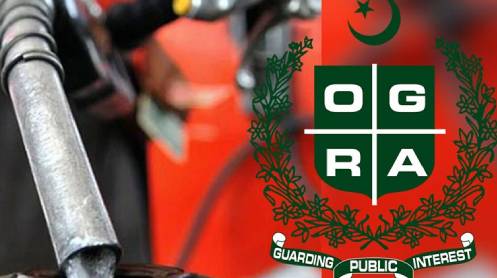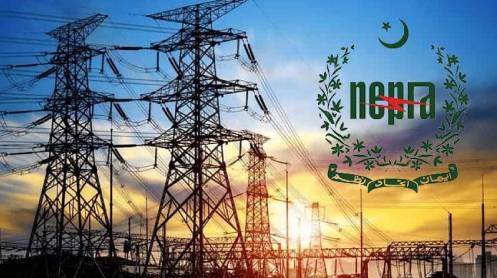Business community has urged the government to reach out to the stakeholders as there is a dire need to instill a sense of confidence into them and rebuild their sentiment to stabilise the worsening rupee-dollar parity.
The unprecedented volatility in the rupee-dollar parity is playing havoc with the economy. Imports of essential commodities and industrial raw material would cease if the present bout of downward currency spiral continues, said Federation of Pakistan Chambers of Commerce and Industry (FPCCI) acting President Suleman Chawla in a statement.
“The situation is so grave and mismanaged that many factories are on the verge of closure or will be paying penalties for not being able to meet their production schedules and export deadlines.”
Chawla proposed that the government should announce the expected inflows of dollar through all possible sources to overcome the prevailing uncertainty, chaos and rumour-mongering in the market about the IMF, World Bank, ADB, IDB and other multilateral and bilateral grants, loans and financing facilities.
“The perception is mightier than the reality in the markets,” he said, adding that the government needs to communicate and reach out to the market players to restore confidence of businesses with regard to financial management of national accounts.
Pakistani rupee recorded a new low against dollar, closing at 221.99, down 3.06% day on day (DoD), AHL Head of Research Tahir Abbas told The Express Tribune. It is the highest DoD depreciation (3.06%; PKR 6.80) after 26 June 2019.
Markets across the board are uncertain specifically over the developing political scenes with economic roadmap and expected delay in the IMF programme, causing currency depreciation, rise in international bonds yields and stock market crash, he said.
Our manufacturing industry is hugely dependent on imports for raw materials, said Taurus Securities Head of Research Mustafa Mustansir. Industries would eventually shut if they can no longer source raw materials. It will force them to pay penalties as they will suffer loss of orders and buyers both. It will also impact the exports while industries will choose layoffs.
Chawla maintained that the business, industry and trade community had not yet recovered from Monday’s depreciation; which was Rs4.25 or 1.97% and today’s intra-day trading witnessed another 4% depreciation. No country or economy can bear the brunt of exchange rate depreciation of 6%-7% in a period of two days.
Expressing deep concern over State Bank of Pakistan’s (SBP) various restrictive measures to control the outflow of dollar, he stressed that foreign exchange reserves (FER) need to be protected; but, not at the cost of export-oriented industries, disrupting industrial production and discouraging LCs and cash against document import scheme.
Dollar scarcity has been negatively affecting several industries in Pakistan, said Employees Federation of Pakistan (EFP) President Ismail Suttar, adding that continuous rupee depreciation is worsening the dollar crisis at hand.
Several export-oriented companies have stalled production as it is very hard to import required raw materials in this situation, he said. “The Government must take strict measures to keep the dollar in check and give priority to exporters, who import raw materials for their export-based products.”





